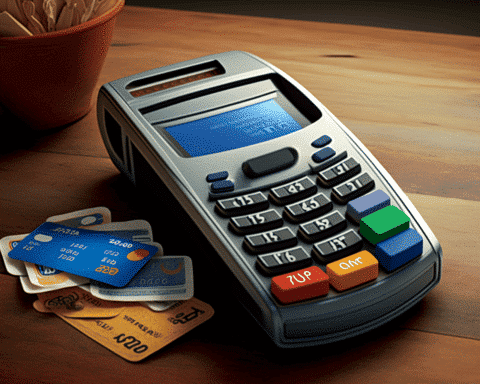In today’s world, borrowing money has become an integral part of financial planning for many individuals. Whether it’s for a home renovation project, paying off high-interest debts, or financing a major purchase, the two most common options are personal loans and credit cards.
Both have their advantages and considerations, and understanding the differences between them is crucial for making an informed decision. Let’s delve into the factors that can help you determine which option suits your needs best.
Repayment Schedule and Borrowing Limits
When it comes to repayment schedules, personal loans offer a clear advantage. These loans are ideal if you require several years to pay back the borrowed money and prefer a fixed repayment schedule. Unlike credit cards, which often have revolving balances and minimum monthly payments, personal loans have a predetermined end date, allowing you to budget and plan your finances more effectively.
Additionally, personal loans typically come with higher borrowing limits compared to credit cards. This makes them a better option for individuals seeking larger loan amounts, such as financing a significant home improvement project or covering the costs of a wedding.
Interest Rates and Credit Scores
One crucial aspect to consider when comparing personal loans and credit cards is the difference in interest rates. Personal loans often offer lower interest rates compared to credit cards, making them an appealing choice for those who want to minimize their borrowing costs over time. However, it’s essential to carefully compare the interest rates, fees, and terms of each loan option before making a decision.
Furthermore, the impact on credit scores is another vital consideration. While both personal loans and credit cards can influence your credit, personal loans tend to have a more positive impact, particularly for large purchases. Responsible management of a personal loan can demonstrate your ability to handle long-term debt and improve your creditworthiness.
Choosing the Right Option for You
Ultimately, the choice between personal loans and credit cards depends on individual circumstances and preferences. If you need immediate or short-term repayment and have the means to pay off the balance before the next statement, credit cards can provide convenience and flexibility. However, it’s important to exercise caution to avoid accruing high-interest debt.
On the other hand, personal loans are more suitable for individuals who require a longer repayment period, prefer fixed monthly payments, and are seeking larger loan amounts. They can be a better option for major expenses or consolidating existing debts into a single payment.
Before making a decision, carefully evaluate your financial situation, consider your long-term goals, and determine the purpose of the loan. It’s advisable to consult with a financial advisor or loan specialist who can provide personalized guidance based on your specific needs.
Whether you choose a personal loan or a credit card, it’s crucial to make an informed decision based on your financial circumstances and objectives. Personal loans offer a fixed repayment schedule, lower interest rates, and higher borrowing limits, making them ideal for long-term financial goals. On the other hand, credit cards provide convenience and short-term repayment options. By assessing your needs and comparing the benefits and considerations of each option, you can choose the best borrowing method that aligns with your financial well-being.




